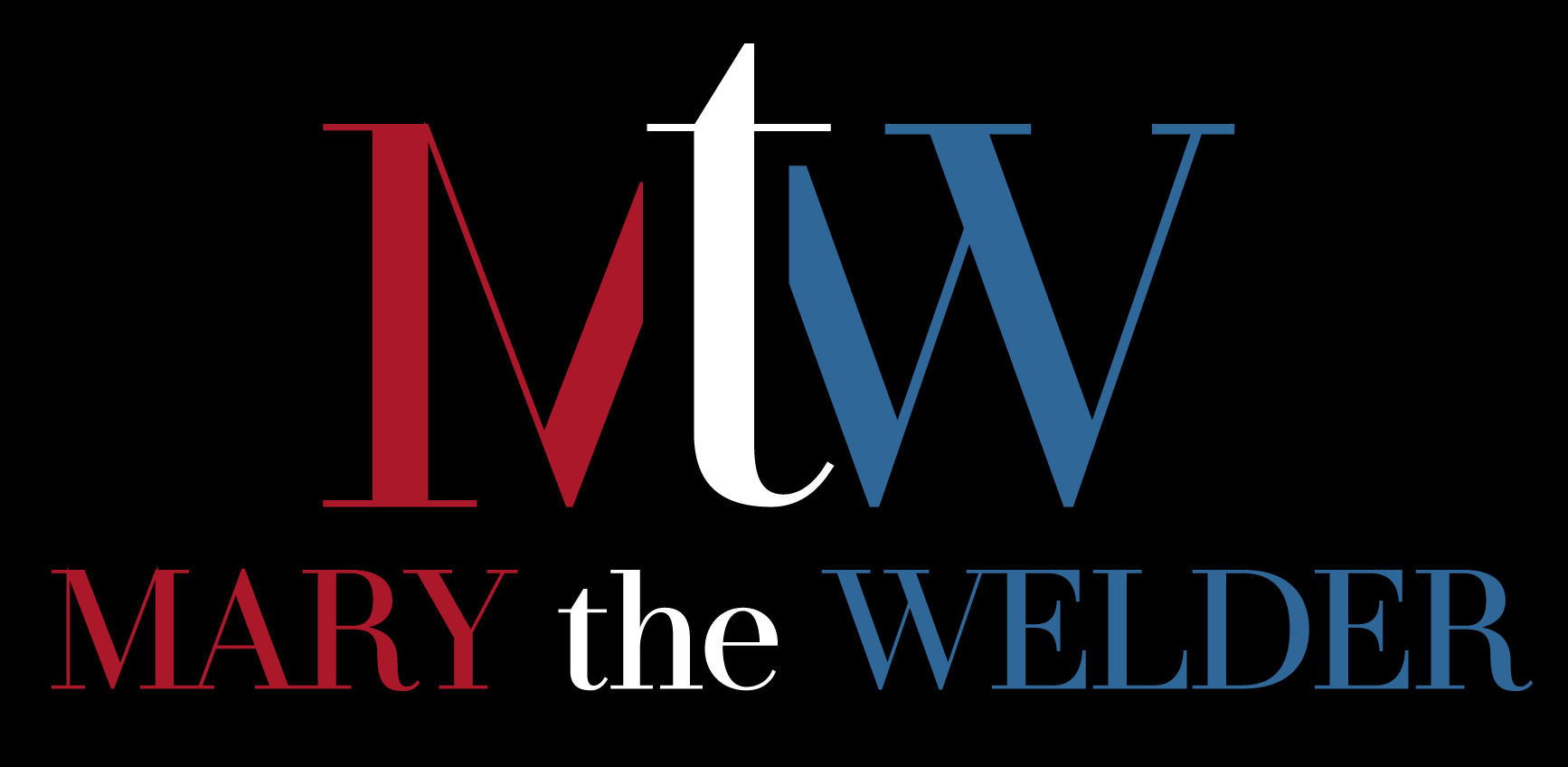The rise of the gig economy has transformed the way we think about work. Instead of traditional, full-time jobs, more and more people are turning to gig work – freelance, short-term, or project-based jobs. In this article, we will explore the gig economy and its impact on the future of work.
What is the Gig Economy?
The gig economy refers to the growing trend of workers taking on short-term or freelance work rather than traditional, long-term jobs. Gig workers are often self-employed, working for multiple clients or employers rather than one employer. This type of work has become increasingly popular in recent years, driven by technology and the rise of online platforms that connect workers with employers.
The Pros and Cons of the Gig Economy
The gig economy has both advantages and disadvantages for workers. One of the main advantages is flexibility – gig workers can often set their own hours and choose the projects they want to work on. This can be especially appealing for workers who have other commitments, such as caring for children or pursuing other interests.
However, the gig economy also has its drawbacks. For one, gig workers may not have access to the same benefits as traditional employees, such as health insurance or retirement plans. They may also have less job security, as they are not guaranteed ongoing work from any one employer.
The Impact of the Gig Economy on the Future of Work
The rise of the gig economy has significant implications for the future of work. Some experts predict that we will see a continued shift away from traditional, full-time jobs and toward more gig work. This could have both positive and negative effects on the economy and the workforce.
On the positive side, the gig economy could create more opportunities for workers who may not have otherwise been able to find traditional employment. It could also lead to greater flexibility and autonomy for workers, which can be a major benefit for some.
However, the gig economy could also exacerbate existing inequalities in the workforce. Workers who lack the skills or resources to market themselves effectively as freelancers may be left out of the job market altogether. Additionally, without access to the benefits and protections of traditional employment, gig workers may be more vulnerable to economic instability or unexpected expenses.
Conclusion
The gig economy is an increasingly important trend in the world of work. While it has its benefits, it also has its drawbacks and raises important questions about the future of work. As the workforce continues to evolve, it will be important to address these issues and work to create a more equitable and stable job market for all workers.
